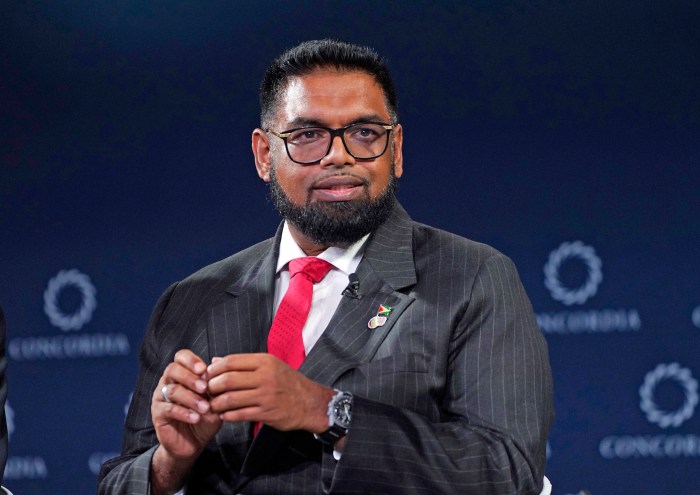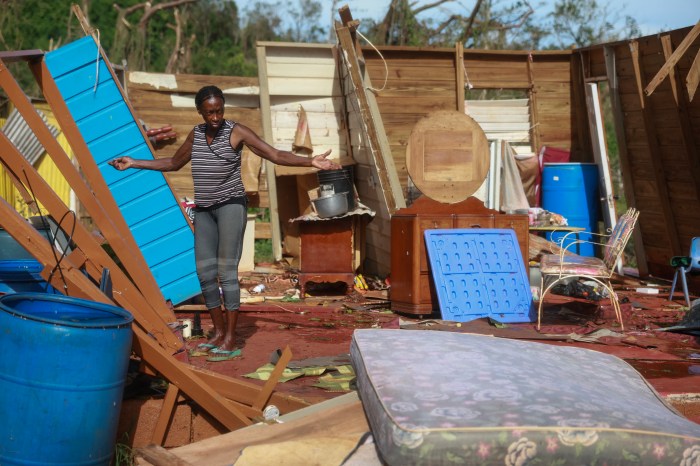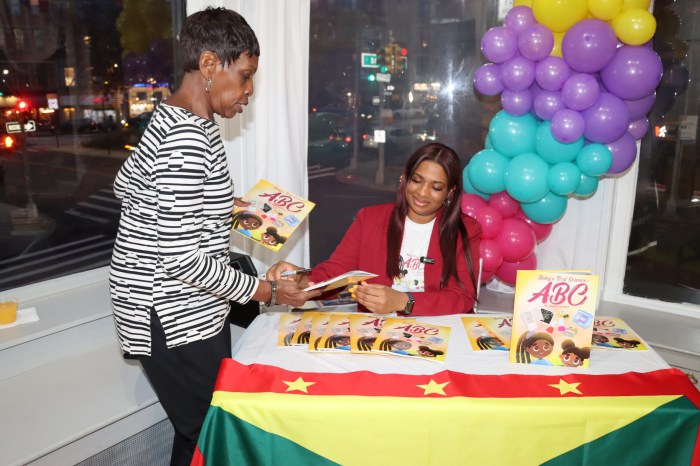Bahamas
More than 30 Bahamian Immigration officers have tested positive for COVID-19. This was confirmed by Minister of Immigration, Elsworth Johnson.
Director of Immigration, Clarence Russell last week confirmed some 29 immigration officers had to be quarantined during the pandemic.
Deron Brooks, vice president of the Bahamas Customs and Immigration Allied Workers Union, reiterated concerns over the safety of immigration and customs workers on the frontlines.
Brooks said customs and immigration officers were faced with a certain level of risk and hazard during detention, arrest, and interdiction exercises.
He said it is a certain level of occupational hazard, which comes with the territory.
He said there is a need to look at increasing the officers’ insurance coverage and increasing the level of PPE (masks) available.
Brooks said the basic things that immigration officers have do not seem to be adequate at this time.
Barbados
Prime Minister of Barbados, Mia Mottley recently re-shuffled her two-year-old Cabinet to reflect what she termed was the new reality facing Barbados in light of the coronavirus (COVID-19) pandemic and its impact on the socio-economic development of the island.
In a 25-minute address to the nation, Mottley announced the removal of four ministers and a parliamentary secretary from the 26-member Cabinet, replacing them with new faces.
She said that their removal should not be regarded as “dismissals.”
Mottley said she wanted to make it clear that she is committed to ensuring each former member of the Cabinet is utilized in a manner or in the furtherance of the work of the government.
The Barbadian prime minister said she had met with Governor General Dane Sandra Mason and a result removed George Payne, minister of housing and rural development, Edmund Hinkson, minister of home affairs, among the other ministers.
Mottley said she wanted to congratulate the new additions to her cabinet and that she was “looking forward to the same ingenuity, tenacity and penchant for hard work and success with respect to all who are being re-appointed”.
She said the Cabinet reshuffle is the first in a series of measures to reposition “ourselves and to reposition as a result of the adjustment that I will be making to ready Barbados for the challenges of the new reality that confront us as a nation”.
Guyana
The Guyana government recently received US$3.6 million as part of the second payment for the country’s oil and gas royalties which has now been deposited in the Natural Resources Fund (NRF).
Former finance minister Winston Jordan said the payments were received on schedule and were deposited in the Federal Reserve Bank of New York account.
The second royalty payment will be added to the over US$90 million already in the NRF, he said, indicating that the payments are for April, May and June’s gross oil production.
Royalties are calculated monthly and paid 30 days after every quarter of the year. The country’s third royalty payment is expected in October.
Guyana, which is emerging as a major energy supplier following the discovery of several gas and oil wells received its first royalty payment in May 2020 along with payments for crude shipments.
Exxon Mobil Corp, which has major operations offshore in Guyana recently reported a US$1.1 billion second-quarter loss on sharply lower energy demand and prices from the COVID-19 pandemic and confirmed plans to make “significant” reduction to costs.
Grenada
Supporters of Grenada’s main opposition National Democratic Congress (NDC) recently staged a protest outside Parliament building, as the party called on the government to withdraw a controversial piece of legislation which it said would infringe upon the rights of citizens.
The Keith Mitchel administration has withdrawn the coronavirus disease (COVID-19) Control Bill 2020 that was scheduled to be debate last month. Instead it said there would be further consultations with stakeholders on the measures that the government said were necessary to help stem the spread of the virus that has affected 25 people on the island.
The ruling New National Party (NNP) controls all 15 seats in Parliament.
NDP leader, Franka Bernardine told reporters the proposed legislation “is oppressive.”
The bill seeks to regulate the containment of the spread of the coronavirus there “in the interests of public safety, public order and public health and for the maintenance of a substantial portion of the community and supplies and services essential to the life of the community of the state of Grenada.”
The proposed legislation would also provide for a maximum penalty of EC$25,000 in a magistrate’s court for any person found guilty of violating any section of the law.
A government statement said the legislation had been drafted “after nearly four months of managing the SARS-Covid-2 national crisis, and the continuous examination of the medical and scientific information, as well as the experience of the management of the emergency on the ground.”
Jamaica
The Jamaica government has extended, until Sept. 30, all the coronavirus (COVID-19) measures within the Disaster Risk Management Act that also allow for a curfew that began recently.
The current measure expired at the end of August.
Prime Minister, Andrew Holness said: “As we seek to extend the measures, we emphasize that we will continue to take a risk-based management approach, which I have always said is evidence-based, proportionate, and situationally appropriate.”
Jamaica has recorded 824 cases and 10 deaths to date.
The government said that under the Act, summer camps will continue to operate during the hours from 8 am to 5 pm, until Aug. 31, under strict protocols, while the night to early morning curfews will continue in place starting from 11 pm to 5 am, day to day until Sept. 30.
It said rules relating to the travel time for drivers of public passenger vehicles one hour before and after the curfew remain the same and that gatherings must not exceed 20 persons. The social distancing of six feet must be maintained.
The government said that persons seeking to enter Jamaica as visitors must complete the application for entry through the official website and “if the person is ordinarily resident in Jamaica, they must complete the application through the website.”
Holness said the administrative reopening of schools will be on Sept. 7, followed by the phased reopening a week later.
St. Lucia
The St. Lucia government said it was moving to draft legislation that will allow for the establishment of a cannabis industry in the tiny Caribbean island.
Minister of Commerce and Investment, Bradley Felix told a news conference that during a recent Cabinet meeting there was consensus with regards to authorizing the Ministry of Commerce and the attorney general to draft the legislative and regulatory framework to assist in the implementation of a cannabis industry.
He said that also included looking at personal use, religious use and medicinal use and the establishment of a “license regime” to govern the industry.
Felix said the draft framework will have to be reviewed by various agencies for example the Bar Association and other agencies for their feedback.
He said the draft framework will then be submitted to Cabinet for further review and then it will eventually reach Parliament.
Trinidad
Amnesty International (AI) has condemned the recent repatriation of 165 Venezuelans from Trinidad and Tobago back to their homeland.
In a release, AI researcher for the Caribbean, Louise Tillotson lamented that Trinidad and Tobago criminalizes irregular entry into the country. This, she said, is contrary to international human rights standards.
“Expelling Venezuelans and returning them to the humanitarian and human rights emergency they were fleeing from in the midst of a pandemic, is an outrageous violation of Trinidad and Tobago obligations under international law,” the release said.
AI understands that COVID-19 poses a serious challenge to governments and, in this context, governments can regulate their borders.
Tilloston said AI believes should work with NGOs, UN agencies and the tens of thousands of Venezuelans who have made T&T their home in recent years, to find solutions that meet international human rights obligations.
Amnesty International believes this new threat from authorities to criminalize refugees and, in some cases, those who help them, carries the risk that these people will hide them even further, thus distancing themselves from health services that they would access to protect the entire population.
— Compiled by Azad Ali






















